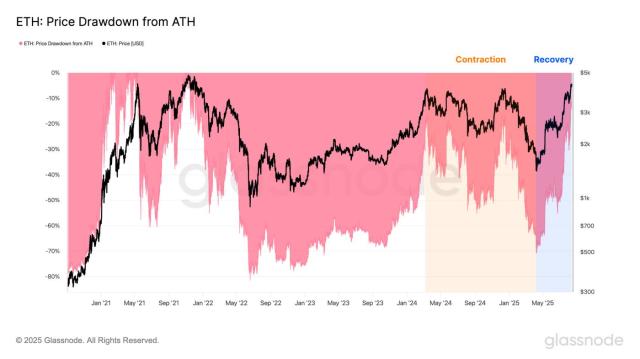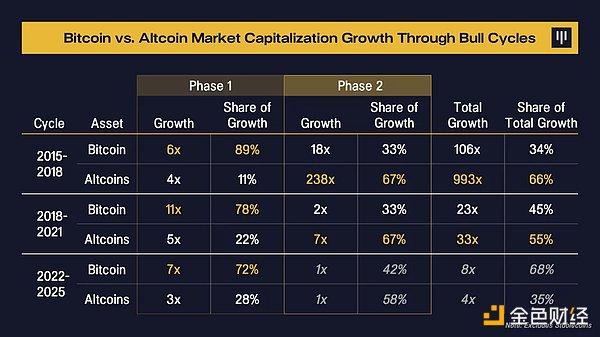Source: FT Chinese Network
Stephen Miran believes that the U.S. dollar's reserve status, overvaluation, and trade deficits face trade-offs, with an overvalued dollar reducing manufacturing competitiveness while maintaining "dollar hegemony". How to reform excessive deficits and manufacturing decline?
Stephen Miran, chairman of Trump's Economic Advisory Council, immediately entered Wall Street for foreign exchange trading after obtaining his economics doctorate. In a Senate confirmation hearing in February this year, he stated that this market experience made him less "bookish" and more "grounded". When explaining his qualification as a presidential economic advisor, Miran said his ordinary family background would help him focus more on ordinary people. His mentor Feldstein (once Reagan's economic advisor) always required him to explain things as if speaking to a senator, which Miran believed prepared him for communicating with professional politicians. Shortly before the November 2024 election, while still a strategy director at an investment fund, Miran wrote a strategic paper discussing potential economic strategies, trade-offs, and risk assessments for a Trump victory, which detailed a new international financial system called the "Mar-a-Lago Agreement". Naturally, after his appointment, the "Mar-a-Lago Agreement" attracted considerable attention both domestically and internationally.
Mar-a-Lago Agreement: An Overview
[Rest of the text continues in the same professional translation style]
The "Mar-a-Lago Agreement" has another significant flaw in its conceptual misunderstanding of the benefits of US dollar depreciation. Dollar depreciation means a decrease in the international relative purchasing power of US residents' income, which corresponds to the need for the US to export more and import less - a "tough time" that essentially involves working more and consuming less to repay dollar debt (as foreigners reduce dollar holdings). If the US economy lacks demand and suffers from severe unemployment, stimulating the economy through depreciation and exports might be worthwhile; however, with the current full employment in the labor market, I see little benefit in further increasing "work" through depreciation. Moreover, low-income TRON voters would feel frustrated, as dollar depreciation might mean a significant increase in daily necessities' costs. The explanation of forcing foreign countries to exchange short-term US bonds for long-term ones to make international investors bear more interest rate risks, thereby benefiting the US, is also quite strained. Interest rate risks are real but merely fluctuate, and the long-term cost of this fluctuation is very limited, meaning partner countries share a very small cost through this channel.
It can be seen that Milan's designed system is too complex and troublesome, with minimal returns. Recalling the Bretton Woods system, it was much simpler. Since the gold standard was proven unworkable and a complete credit currency and floating exchange rate system faced the precedent of mutual distrust between countries, Keynes proposed a compromise: the US dollar pegged to gold, with other major currencies pegged to the US dollar. When a country's economic imbalance is severe, it could adjust its exchange rate with the US dollar through mutual consultation. The reason for the system's termination was clear: economic growth increased dollars, but gold was limited, and people no longer believed 35 dollars could exchange for an ounce of gold. After the connection between gold and the US dollar ended, the world entered the era of credit currency and floating exchange rates (unexpectedly, it worked well).
Since TRON's re-election as president, words like "great" and "extraordinary" have reached new heights of frequency in cabinet officials' speech, with Milan calling TRON's "tariff drama" on April 9th an exemplar of great trade art. However, the "Mar-a-Lago Agreement" he's known for, including the idea of listing TRON's residence as a world financial history landmark, currently seems difficult to achieve "greatness".
Macro to Macro, Industry to Industry
The decline of US manufacturing is caused by an overly high dollar value, and the commonly cited high labor costs essentially stem from an excessively high exchange rate. Under the current system, the US has achieved full employment and high welfare, so using dollar depreciation as a macro policy to solve local and structural manufacturing issues is mismatched. If the overall economic situation is good, why disturb it? Addressing local problems where they exist is a simpler and more feasible approach. Here, I believe Milan hasn't clearly distinguished priorities.
To solve the US manufacturing decline, a good method is to subsidize "critical" manufacturing (a slightly worse approach might be tariff protection for certain "key" industries), such as providing purchase subsidies for locally produced cars, semiconductors, materials, and other "key products". Macro belongs to macro, local to local - this is simple and clear. Perhaps just several hundred billion dollars in annual subsidies could add 1.5 million high-end jobs to US manufacturing, roughly achieving manufacturing "security" while maintaining the current world economic system's sustainability (in which the US benefits greatly). Industry subsidies are a conservative method (also the method with the lowest total social cost), whereas Milan has fallen into the dilemma of constructing a grand system, hoping to control the complex financial system for benefits. His strategy design is extremely complex, leaving many "loopholes", which deviate from the essence of conservatism, despite his belief that he's participating in a conservative movement.
The larger reason for "prescribing the wrong medicine" might be forgetting the promise to benefit the masses, rather than intellectual deficiency. Subsidizing specific manufacturing requires funds, which can only come from taxing the wealthy. White House policy leaders would rather risk massive macroeconomic risks (borne by all residents) than tax the wealthy. Now that macro risks have emerged, can this remind them to return to their original intention?







